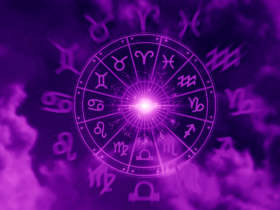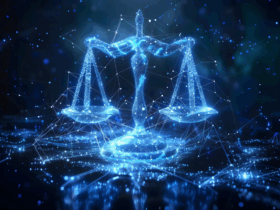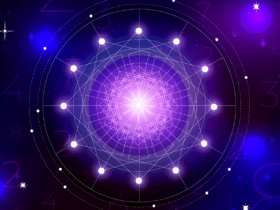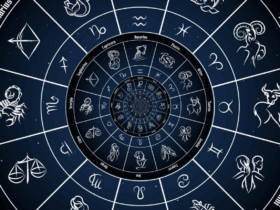Astrology, often dismissed as mere superstition, has long held a significant place in human culture and history. While some view it as a tool for personal guidance or entertainment, others delve deeper, utilizing its principles to analyze societal dynamics and global phenomena through a unique lens. In recent times, there has been a growing intersection between astrology and social justice, as individuals seek alternative frameworks to understand and address systemic issues plaguing our world.
At its core, astrology operates on the belief that celestial bodies and their movements influence human affairs and behavior. While the scientific community may raise eyebrows at such notions, advocates argue that astrology offers valuable insights into the interconnectedness of all things, including social structures and power dynamics.
One way in which astrology intersects with social justice is through the examination of historical patterns and cycles. Astrologers often analyze the movements of planets and celestial bodies in relation to significant events in human history, drawing parallels between planetary alignments and shifts in societal paradigms. By identifying recurring patterns, they aim to uncover underlying dynamics that perpetuate injustice and inequality.
Astrology provides a framework for understanding collective consciousness and societal trends. The positioning of celestial bodies at the time of major social movements or political upheavals is believed to reflect the prevailing energies and collective psyche of a society. Astrologers argue that by studying these cosmic indicators, we can gain deeper insights into the root causes of social issues and devise more effective strategies for change.

In recent years, astrologers have applied their craft to analyze pressing global issues such as climate change, economic inequality, and political unrest. By examining astrological charts and transits, they offer alternative perspectives on the underlying dynamics driving these challenges, emphasizing the interconnectedness between human behavior and planetary influences.
Related: The Science of Synchronicity: Carl Jung, Astrology, and Meaningful Coincidence
Furthermore, astrology fosters empathy and understanding by highlighting the diversity of human experiences. By exploring the unique astrological signatures of different cultures and regions, practitioners strive to honor the multiplicity of perspectives within the social justice movement. This inclusive approach encourages dialogue and collaboration across boundaries, fostering solidarity in the pursuit of a more just and equitable world.
Critics of astrology’s involvement in social justice movements argue that it lacks empirical evidence and scientific rigor. However, proponents counter that astrology’s value lies not in its empirical validity but in its ability to offer symbolic frameworks for understanding complex social phenomena. They contend that dismissing astrology outright overlooks its potential as a tool for introspection, dialogue, and social transformation.
Astrology and social justice intersect in meaningful ways, offering unique insights into the underlying dynamics of global issues. While astrology may not provide concrete solutions, its symbolic language and holistic worldview contribute to broader conversations about justice, equity, and human flourishing. By embracing diverse perspectives, including those informed by astrology, we can enrich our understanding of social issues and work towards a more inclusive and compassionate world.




















